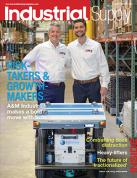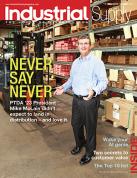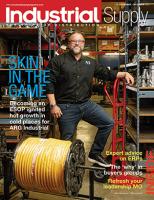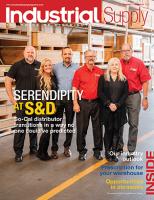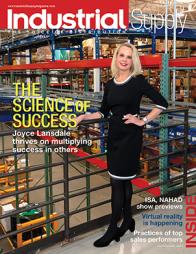Consumer confidence rises to two-year high
By Tim Quinlan and Jeremiah Kohl
Not since the outset of the pandemic has consumers' assessment of the present situation been stronger than it is today. Meanwhile, amid broad improvement in labor market measures, overall confidence rose to its highest since July 2021, and expectations came up as well.
If You Feel Better About Everything, Why the Long Face About Recession?
Consumer confidence rose in July to its highest level since July 2021 (chart). Consumers have had a lot to deal with over the past few years, but their take on how things are going at the moment is as good as it has been since the initial onset of the pandemic. Expectations for the coming six months also took a big step higher, as confidence about future business conditions improved, as did the assessment of job availability. Expectations have not been so high since the start of last year (chart).
One development that feels a bit out of sync with the rest of this otherwise upbeat report is that a growing share of consumers see recession on the horizon. Specifically 70.6% of consumers say a recession is “somewhat” or “very likely,” which is up from 69.9% in June.
Despite recession fears, consumers are seldom less concerned about finding work than they are today. In the past 20 years, there have only been two months during which the share of consumers who felt that jobs were hard-to-get fell below 10%, and this report for July was one of them. Harry Truman once famously observed that “It's a recession when your neighbor loses his job; it's a depression when you lose yours.” Perhaps the rising share of consumers who fear recession are worried about what is happening to others because it is hard to square with the broad based improvement in labor market dynamics.
The labor differential, or the share of consumers reporting jobs are plentiful less those reporting jobs are hard-to-get, increased for the second straight month to 37.2% in July, a gain of 4.4% (chart). Job growth has been slowing recently, but employment gains of over 200K a month are still quite strong, even if directionally slower. There are still over 1.6 job openings in the U.S. for every job seeker, a far cry from when this ratio dropped below 1 opening per job seeker in the months following the onset of the pandemic. A still-strong labor market, combined with gains in average hourly earnings and receding inflation, is giving households reason for optimism.
The effect of this increased optimism on consumer reported buying plans was mixed. Those reporting plans to purchase an auto within the next six months increased to 12% from 11% the prior month. This was driven by moderate increases in buying plans for both new and used cars. Plans to purchase a home within the next six months also increased marginally to 6.0% in July from 5.9% in June. Not all purchase plans followed this trend, however, as plans to purchase a major appliance within the next six months declined to 45.9% in July from 49.8% in June. This decrease in purchase plans was broad-based, with consumers reporting fewer plans to purchase refrigerators, washing machines and vacuum cleaners, amongst others.
The resilient labor market looks to be translating to both a boost in the Conference Board's consumer confidence measure and the University of Michigan's consumer sentiment measure. Notably, this is occurring without a material increase in inflation expectations in either survey. This is exactly the mix the Fed desires in pursuing a soft landing: a scenario in which demand remains elevated from a tight labor market, but inflation continues to slow. This scenario has grown incrementally more likely in recent weeks as both sentiment and confidence have surprised decidedly to the upside of consensus expectations, indicating the consumer is by and large still feeling confident.






